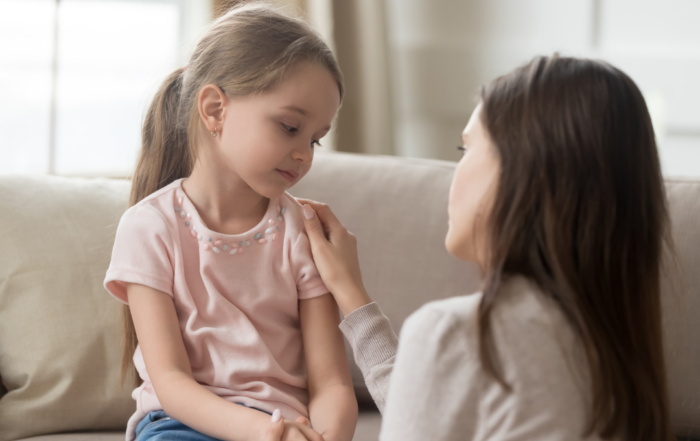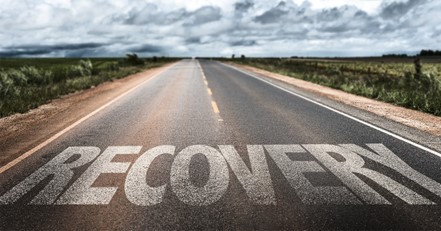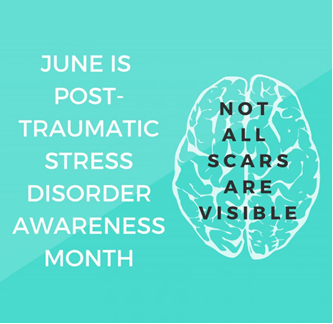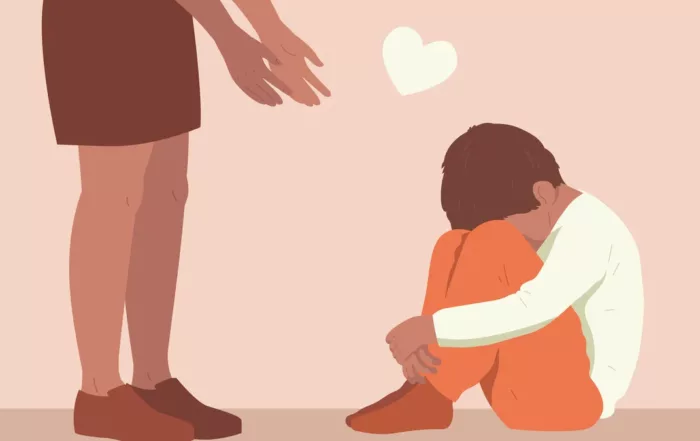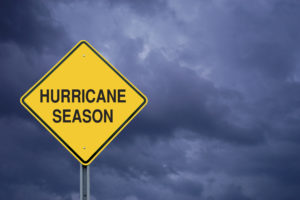
By Leslie K. Taylor, PhD
It’s the end of the school year and many children and families are ready for days at the swimming pool, having cookouts or planning for vacation. Summer also marks the beginning of hurricane season, with heavy spring rains as common reminders of Hurricanes Harvey, Maria, Florence, or Michael. Children may have questions about thunderstorms, flooding, or what will happen if there’s a hurricane. Whether these questions are an indication of curiosity or potential nervousness about inclement weather, it’s important for parents to provide answer calm and thoughtful answers. Children’s concerns about disaster are not always fully appreciated by adults. It’s important for parents to ask children questions and gain understanding of their children’s knowledge and perspective of hurricanes, provide them developmentally appropriate information about how to prepare, and for parents to know and anticipate what their children will need from them during these events.
Share This Post!
Post-Traumatic Growth
Psychology Today Post-Traumatic Growth is the positive psychological change that some individuals experience after a life crisis or traumatic event. Post-traumatic growth doesn’t deny deep distress, but rather posits that adversity can [...]
Talking to Children About War
Provided by the National Child Traumatic Stress Network The recent tragic events in Israel has impacted many directly who have experienced a personal loss or by witnessing this type of violence [...]
Key Ingredients for Successful Trauma-Informed Care Implementation
By Christopher Menschner and Alexandra Maul, Center for Health Care Strategies Because of the potentially long-lasting negative impact of trauma on physical and mental health, ways to address patients’ history of [...]
What is post-traumatic stress disorder (PTSD)?
By The National Institute of Mental Health Post-traumatic stress disorder (PTSD) is a disorder that develops in some people who have experienced a shocking, scary, or dangerous event. It is natural [...]
InBrief: Early Childhood Mental Health
Published by The Center on the Developing Child, Harvard University The science of child development shows that the foundation for sound mental health is built early in life, as early experiences—which [...]
At the Intersection of Autism and Trauma
By Lauren Gravitz Having autism can sometimes mean enduring a litany of traumatic events, starting from a young age. “We know that about 70 percent of kids with autism will have [...]



